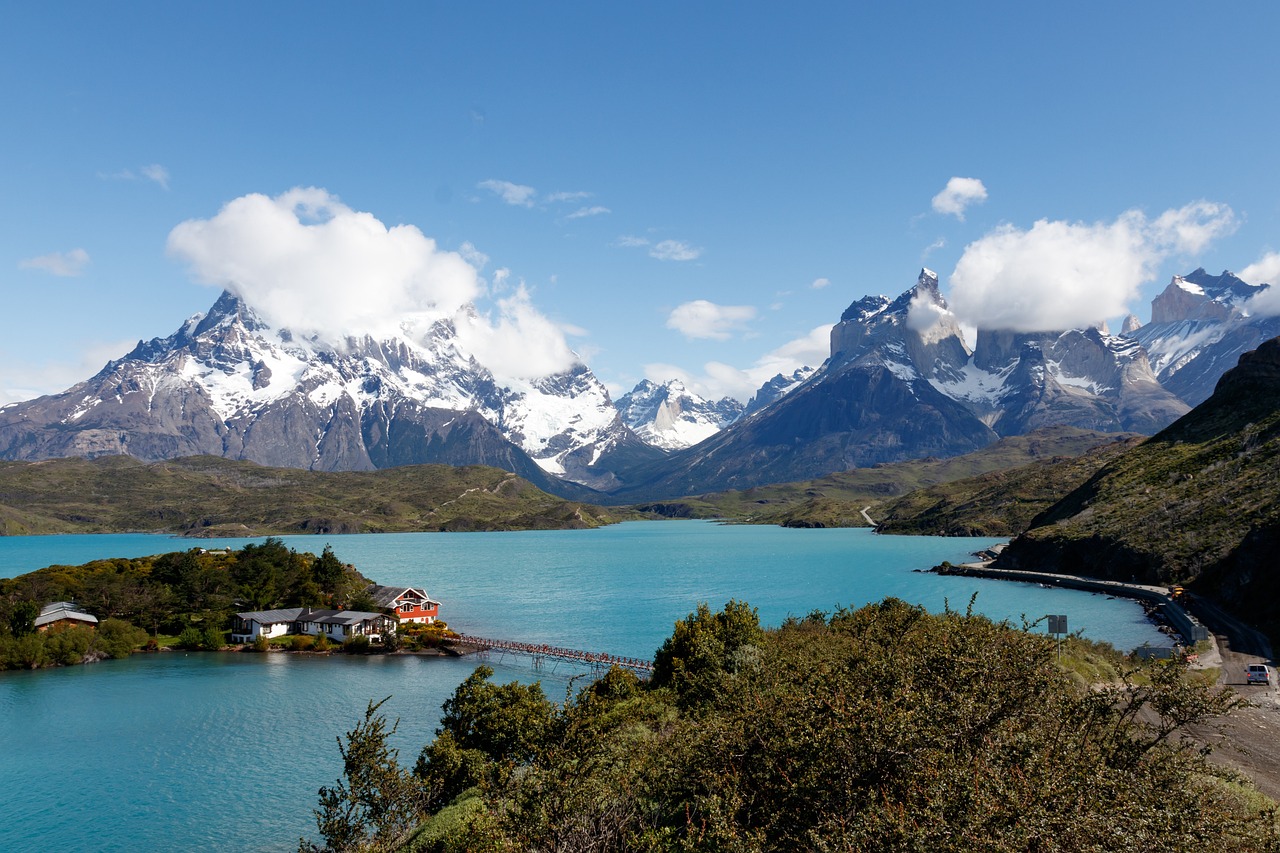Chile Video
Managing Finances and Payments while Working in Chile
Chile is a popular destination for expatriates looking for work opportunities. If you are planning to work in Chile, it is important to have a good understanding of how to manage your finances and payments effectively. This article will provide you with detailed information on various aspects of managing finances and payments while working in Chile.
Banking System in Chile
- Types of Banks: Chile has a well-developed banking system with various types of banks, including commercial banks, state-owned banks, and foreign banks.
- Opening a Bank Account: To open a bank account in Chile, you will typically need your passport, a proof of address, and a tax identification number (RUT). Some banks may also require proof of employment or a work visa.
- Banking Services: Chilean banks offer various services, including checking accounts, savings accounts, credit cards, loans, and investment opportunities.
Commercial banks are the most common type of banks in Chile and provide a wide range of financial services to individuals and businesses. State-owned banks, such as BancoEstado, are government-owned and focus on serving lower-income individuals and small businesses. Foreign banks, like Santander and BBVA, operate in Chile and offer services to both individuals and businesses.
It is recommended to compare different bank options and their fees before choosing a bank. Many banks offer online banking services, which can be convenient for managing your finances remotely.
Checking accounts are commonly used for day-to-day transactions, while savings accounts can help you save money and earn interest. Credit cards are widely accepted in Chile, and it is advisable to choose a credit card with low fees and favorable exchange rates.
Income and Taxes
- Income Sources: When working in Chile, your income can come from various sources, such as employment, self-employment, or investments.
- Income Tax Rates: Chile has a progressive income tax system, meaning that the tax rate increases as your income increases.
- Tax Obligations: As a resident of Chile, you are generally required to file an annual income tax return. The tax return must be filed by April 30th of the following year.
If you are employed, your employer will deduct income taxes from your salary and social security contributions. Self-employed individuals are responsible for paying their own taxes and contributions.
The income tax rates for 2021 are as follows: 0% for income up to CLP 650,000, 10% for income between CLP 650,001 and CLP 1,500,000, 25% for income between CLP 1,500,001 and CLP 2,500,000, and 35% for income exceeding CLP 2,500,000.
It is advisable to keep track of your income and expenses throughout the year to ensure accurate reporting and to take advantage of any applicable deductions or credits.
Currency and Exchange Rates
- Currency: The official currency of Chile is the Chilean Peso (CLP).
- Exchange Rates: The exchange rate between the Chilean Peso and other currencies can fluctuate. It is advisable to monitor exchange rates and consider using authorized exchange offices or banks for currency exchange.
- Payment Options: In Chile, cash is widely accepted, but credit and debit cards are also commonly used for payments.
It is important to familiarize yourself with the currency and its denominations to avoid confusion when handling cash transactions.
Using reputable exchange services can help you avoid unfavorable exchange rates or counterfeit currency.
It is recommended to carry a mix of cash and cards for different situations. Make sure to inform your bank about your travel plans to avoid any issues with card usage.
Managing Expenses and Budgeting
- Cost of Living: The cost of living in Chile can vary depending on the region and your lifestyle.
- Expense Categories: When managing your expenses, it is helpful to categorize them into different categories, such as housing, transportation, food, utilities, healthcare, and leisure activities.
- Saving and Investing: It is advisable to set aside a portion of your income for savings and investments.
Major cities like Santiago and Valparaíso tend to have higher living costs compared to smaller towns or rural areas. It is important to research and plan your budget accordingly.
Creating a budget and tracking your expenses can help you understand your spending patterns and make necessary adjustments.
Consider opening a savings account or exploring investment options that align with your financial goals. It is important to understand the risks and potential returns associated with different investment options.
Insurance and Healthcare
- Healthcare System: Chile has a mixed healthcare system with both public and private providers.
- Health Insurance: It is recommended to have health insurance coverage while working in Chile.
- Other Types of Insurance: In addition to health insurance, you may also consider other types of insurance, such as life insurance, property insurance, or liability insurance.
The public healthcare system, known as FONASA, provides coverage to Chilean residents and offers different plans based on income levels. Private health insurance is also available for additional coverage and access to private facilities.
Check if your employer provides health insurance or consider purchasing a private health insurance plan to ensure access to quality healthcare services.
Insurance can provide financial protection in case of unforeseen events or emergencies.
Retirement Planning
- Pension System: Chile has a mandatory individual pension system known as the AFP (Administradoras de Fondos de Pensiones).
- Retirement Age: The official retirement age in Chile is 65 for men and 60 for women.
- Retirement Planning: It is important to start planning for retirement early and regularly review your pension contributions and investment options.
Under this system, a portion of your income is deducted and contributed to a private pension account. These funds are then managed by private pension fund administrators.
However, you can choose to retire earlier or later, depending on your personal circumstances and financial goals.
Consider seeking professional financial advice to ensure you are on track to meet your retirement goals.
Chile Image 1:

Tips for Foreign Workers
- Work Visa: If you are planning to work in Chile, you will need a valid work visa.
- Language Skills: While English may be spoken in some workplaces, having basic Spanish language skills can greatly enhance your work and social interactions in Chile.
- Cultural Adaptation: Chile has its own unique culture and customs. Take the time to learn about the local culture, traditions, and etiquette.
Consult the Chilean embassy or consulate in your home country for specific visa requirements and application procedures.
Consider taking language classes or using language learning resources to improve your Spanish proficiency.
Respect for cultural norms can help you build positive relationships and integrate into the local community.
Chile Image 2:

Conclusion
Managing finances and payments while working in Chile requires careful planning and understanding of the local banking system, taxes, currency, expenses, insurance, and retirement planning. By familiarizing yourself with these aspects and seeking professional advice when needed, you can effectively manage your finances and make the most of your work experience in Chile.
Chile Image 3:

References
- www.bcentral.cl (Central Bank of Chile)
- www.sii.cl (Internal Revenue Service of Chile)
- www.afp.cl (Administradoras de Fondos de Pensiones)
- www.fonasa.cl (FONASA)
- www.chile.travel (Chilean Tourism Board)


